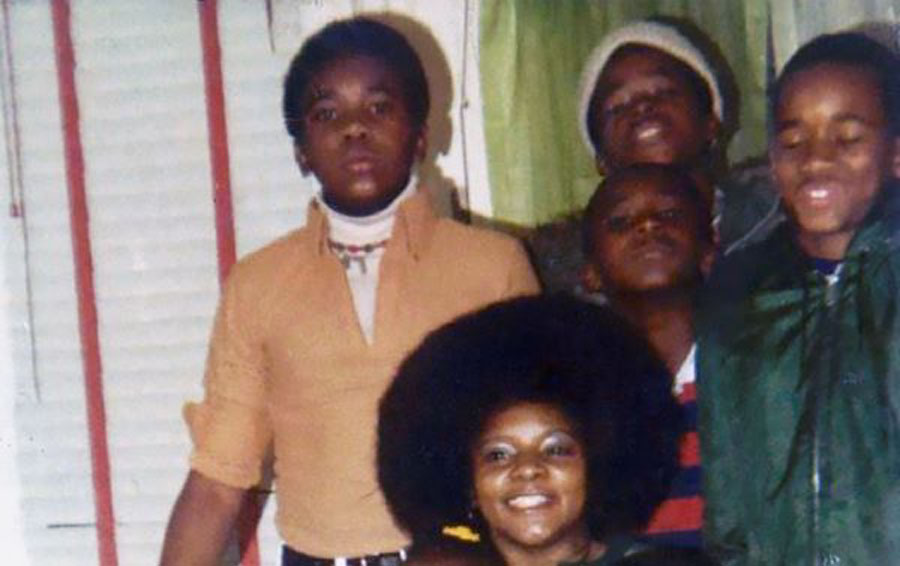
NEW YORK — Attorneys have reached a landmark $5 million settlement in a lawsuit over the 2015 death of a New York state prisoner at the hands of corrections officers.
Prison officials had claimed that 51-year-old Karl Taylor died of a heart attack. But lawyers for Taylor’s family alleged the man, who suffered from mental illness, had been beaten and strangled by guards in retaliation for striking officers in a fight.
The settlement is almost three times the largest amount previously awarded in this type of case in a New York state prison.
According to attorney Adeel Mangi, it also requires the prison to install audio and video recording devices in the prison at an estimated cost of $15 million.
“So, there will be an objective record of every interaction, and we expect that incidents of abuse against inmates will plummet as a result,” he points out.
A forensic expert testified that Taylor’s death was due to sustained compression of his neck with the thumb and fingers of a right hand, not from blows suffered during a fight.
Mangi says four years of investigation revealed that abuse by corrections officers at the Sullivan Correctional Facility was common.
“There was a pervasive practice at this correctional facility of inmates who had assaulted staff being taken out into the hallway and being subjected to retaliatory beatings, which were called ‘tune-ups,'” Mangi states.
He adds that most victims of such abuse come from poor families without the resources to pursue the intense litigation needed to win a major settlement.
The lawsuit not only sought to hold the corrections officers accountable in Taylor’s death, but also the prison superintendent and his deputy.
Mangi asserts they had created what he calls “a culture of absolute impunity” among the prison staff.
“Until we start holding the people in charge accountable at the very highest levels of the Department of Corrections, nothing will change,” Mangi stresses. “So, this trial was a small step towards making that process start.”



Comments are closed.